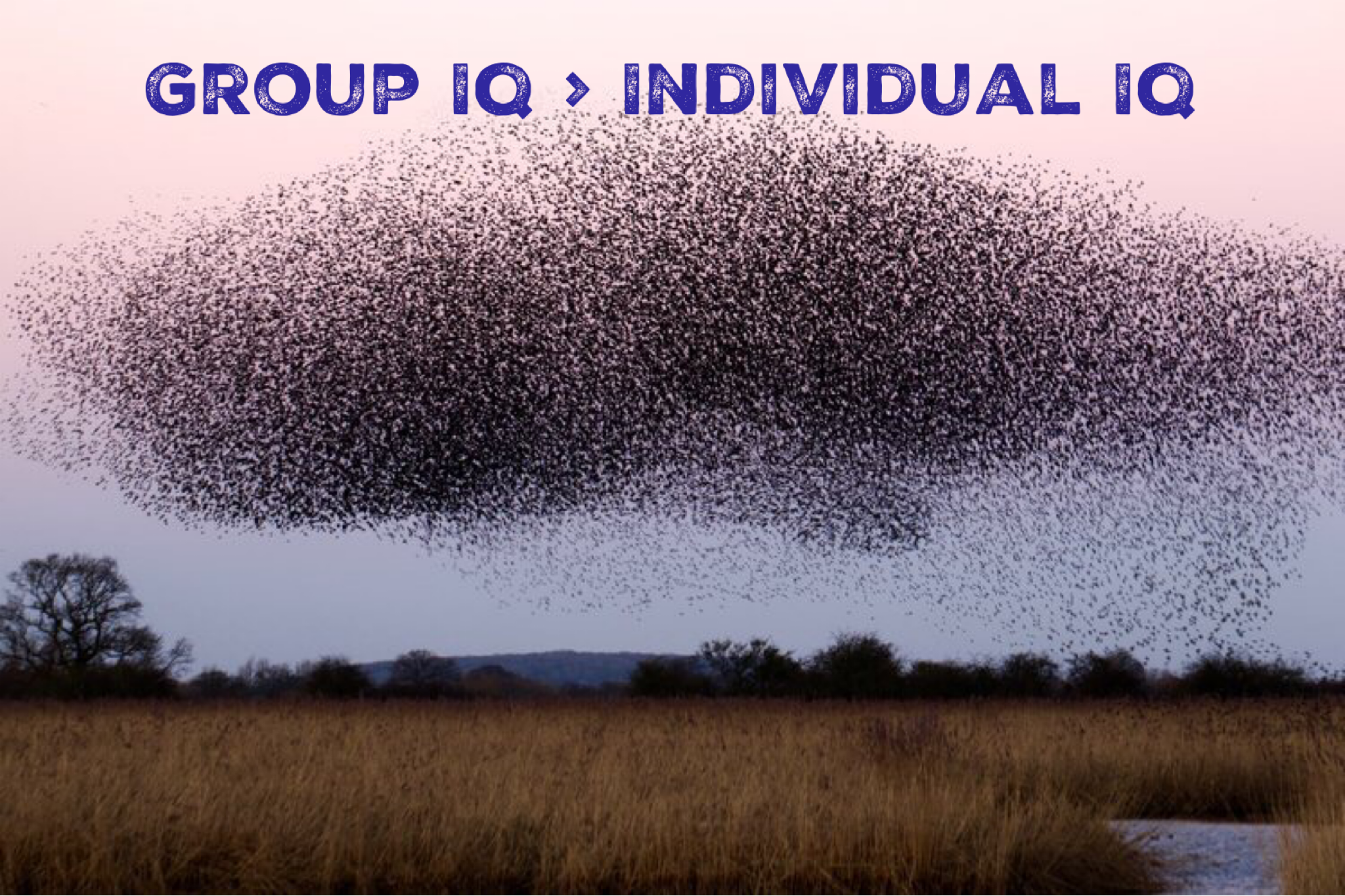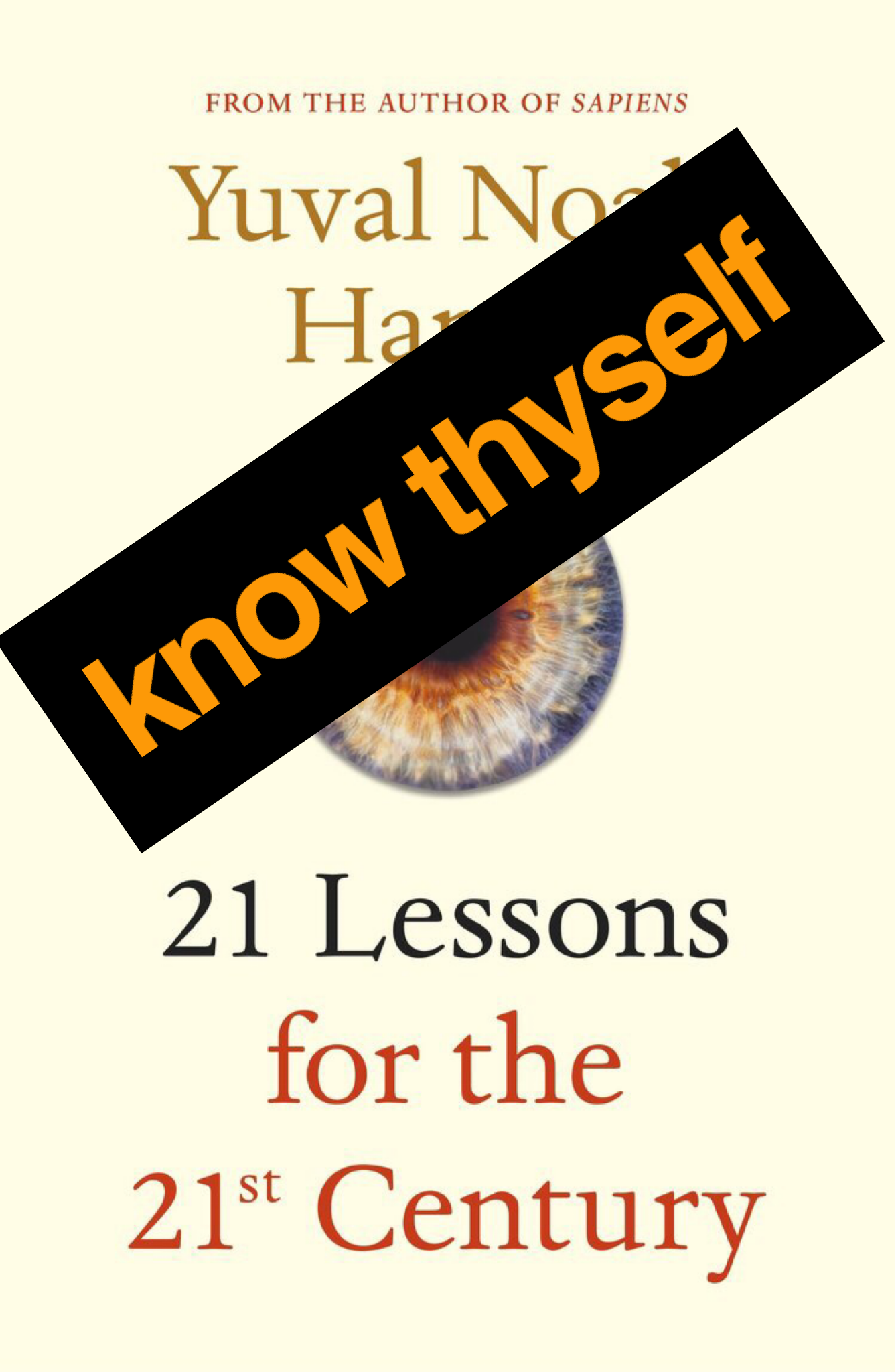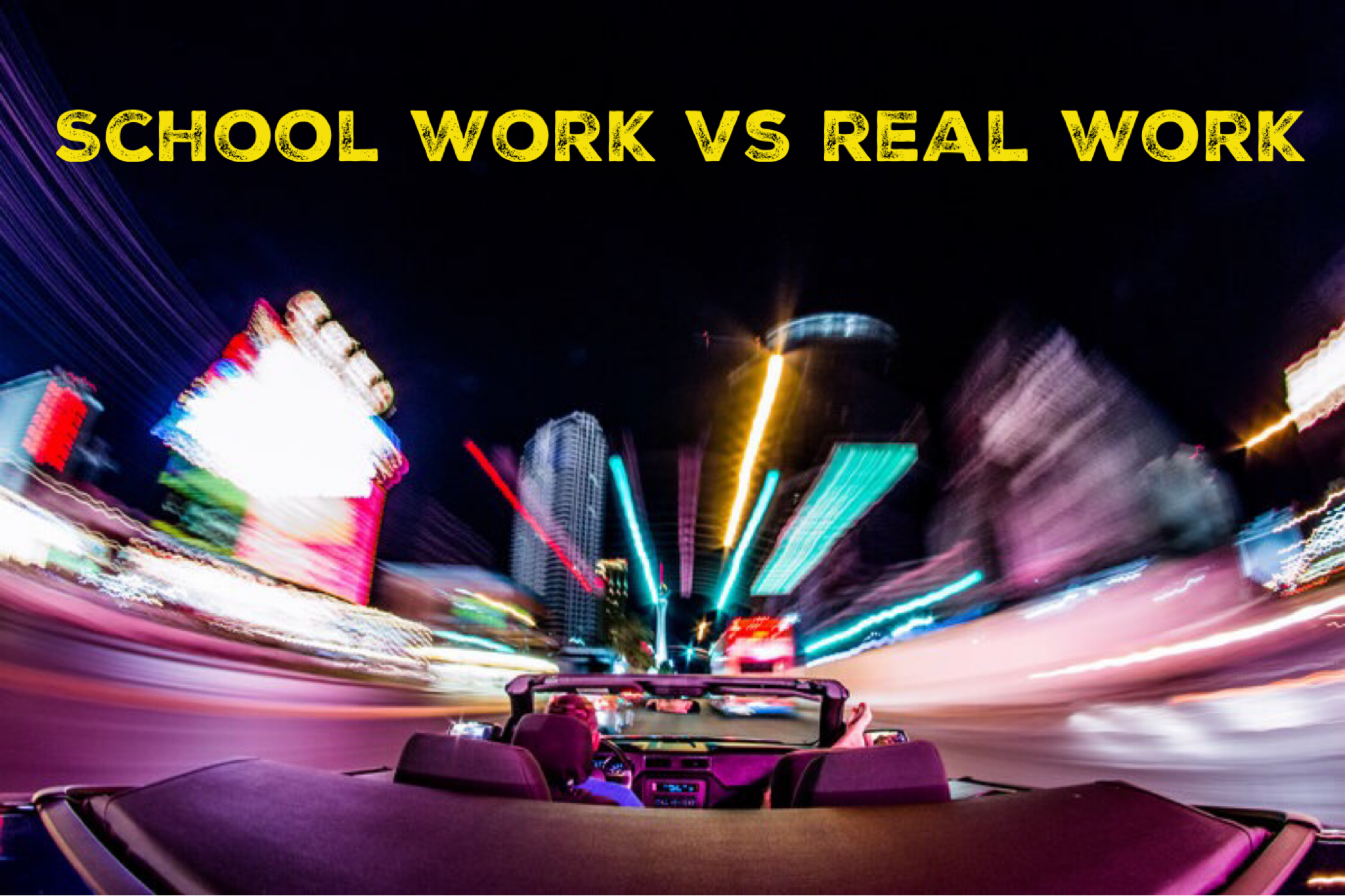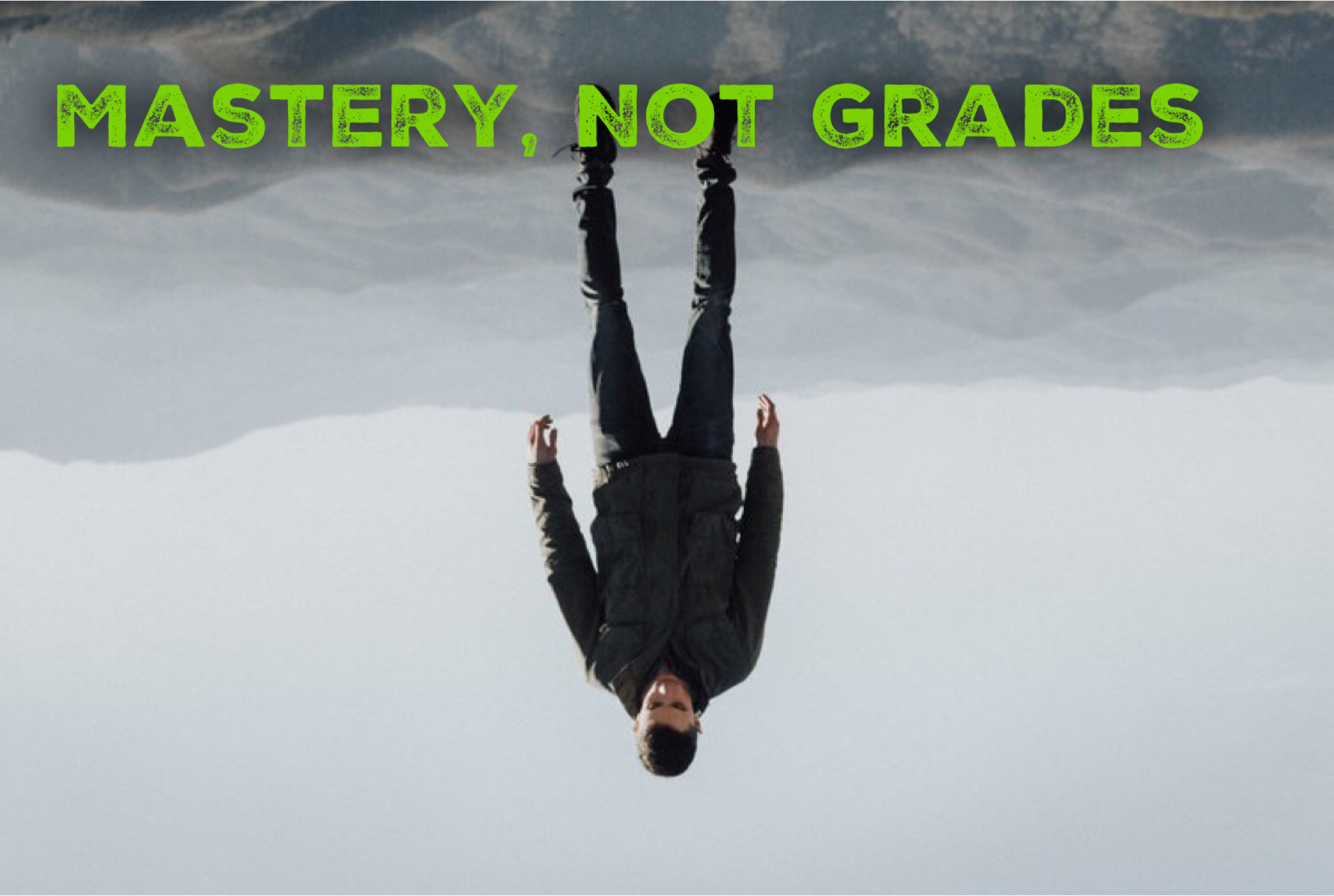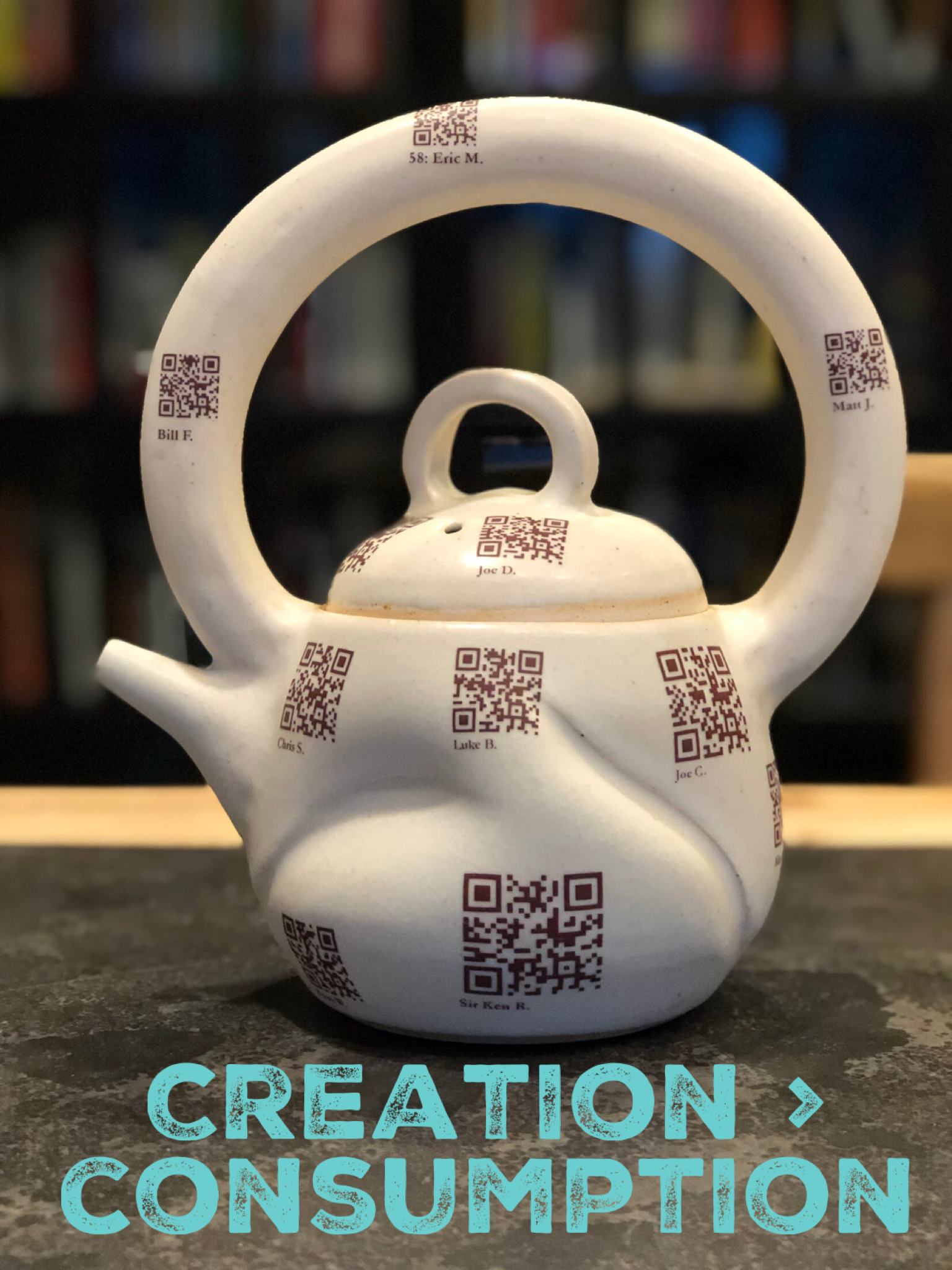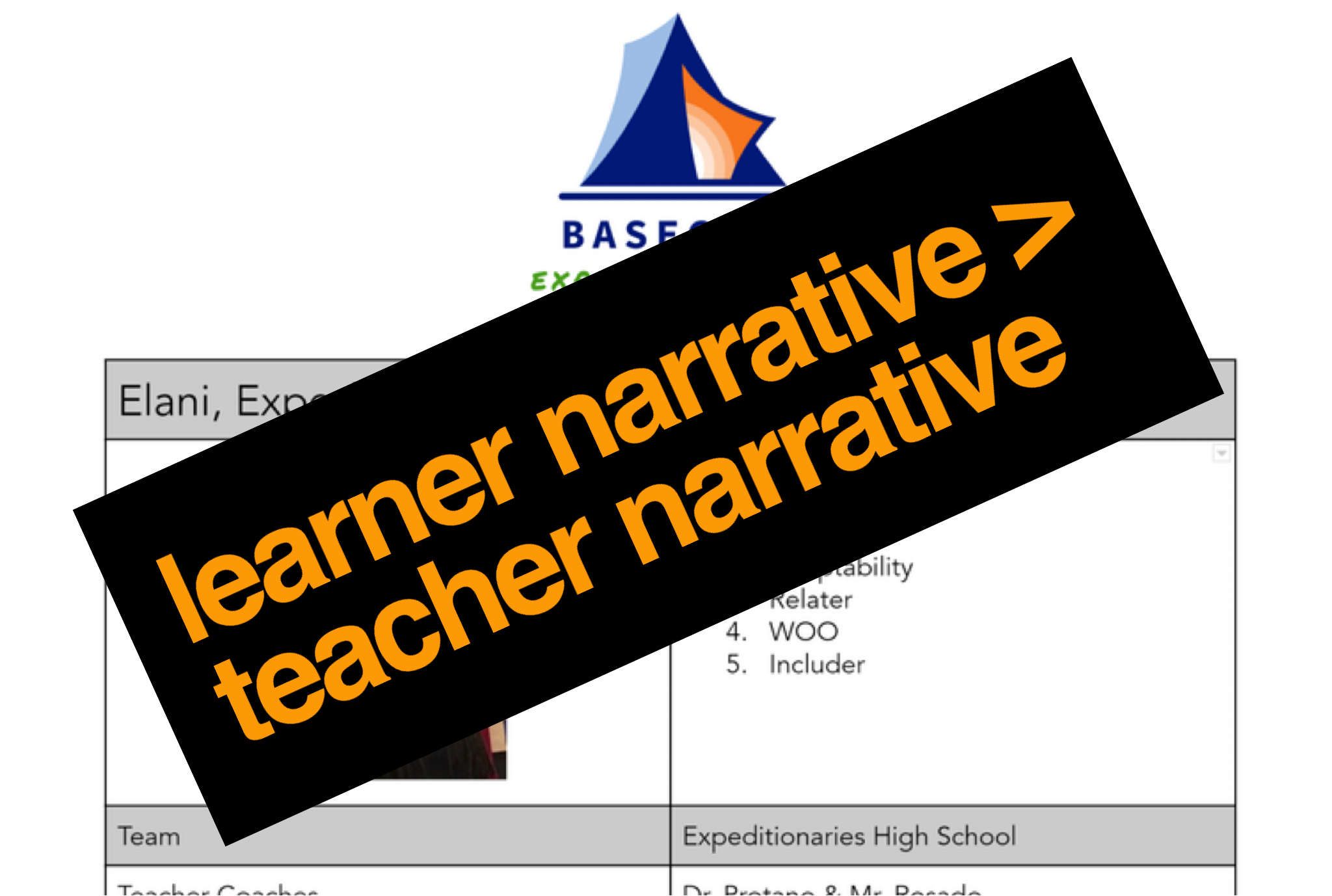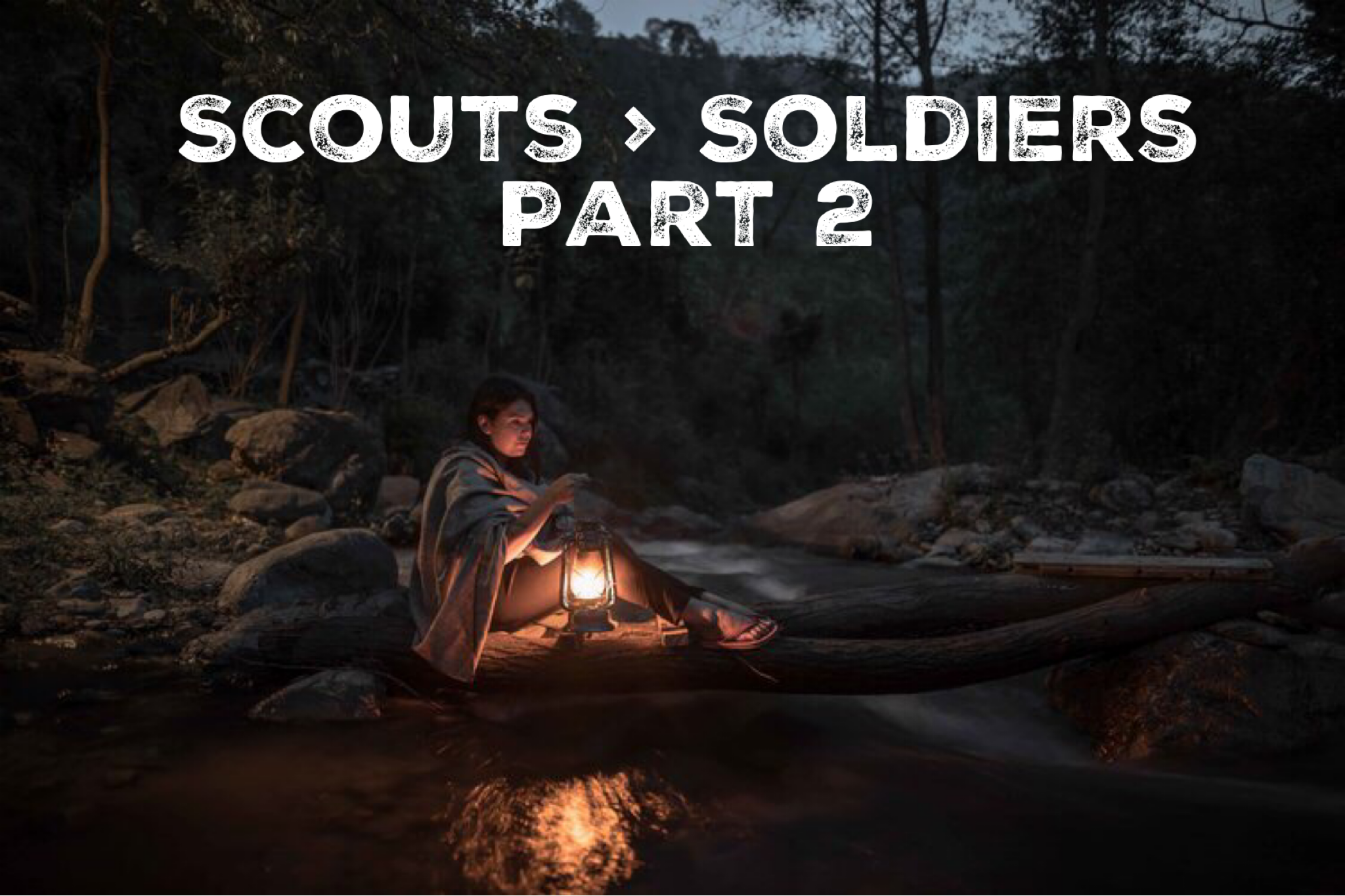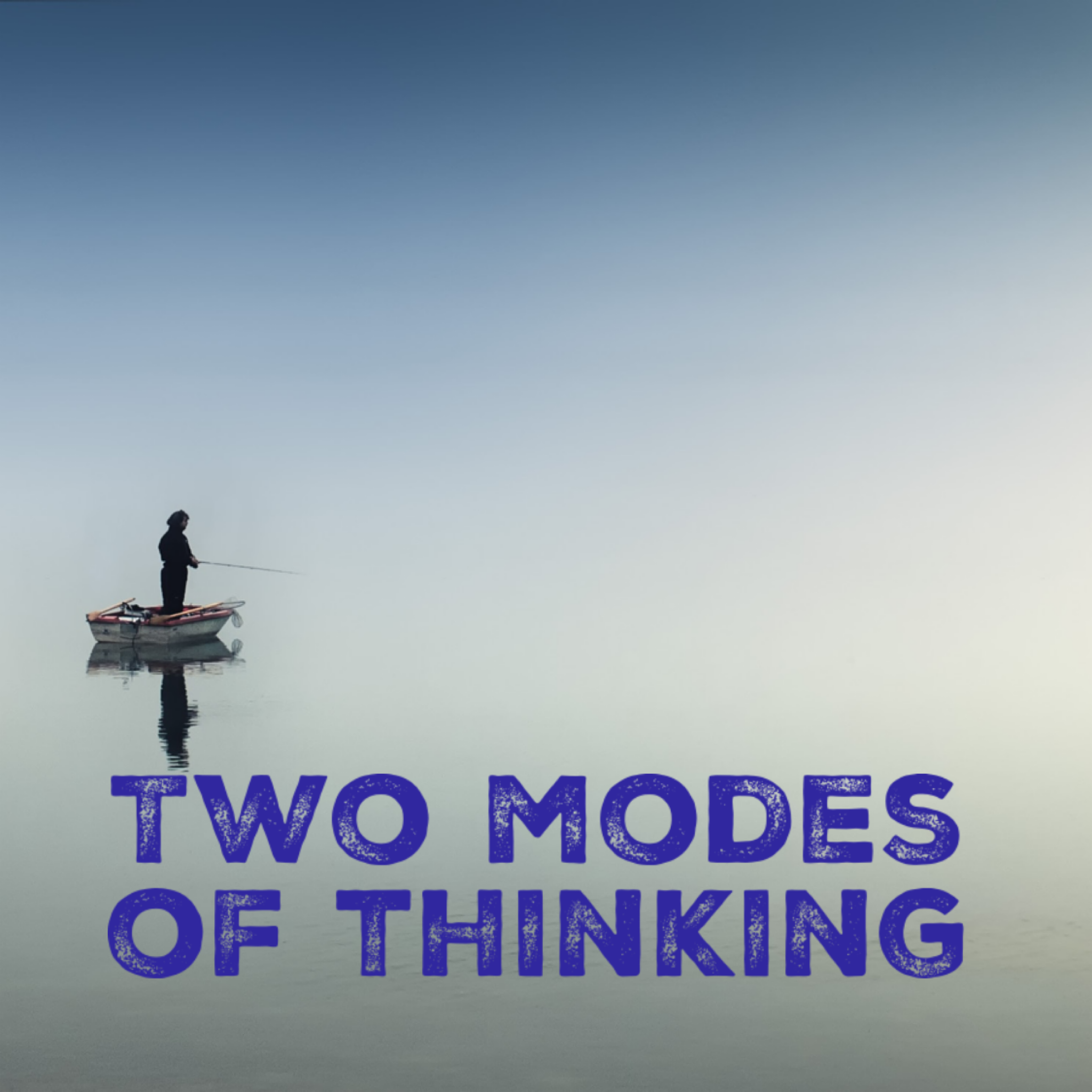School of the Future: Learner Narrative > Teacher Narrative
To change the stories that learners tell themselves, we need to change the stories that we invite them to explore about themselves. In Expeditionaries, those stories start with strengths (CliftonStrengths offers a common language).
What stories do teachers most commonly tell about students?
“She is an A student.”
“He is disruptive. No wonder he is a C student” … “Really? In my class he’s a B+!”
Occasionally we talk about their non-academic performances:
“She’s a heck of a basketball player.”
“Did you see him in the school musical? He is such a talented actor.”
Notice the “to be” verbs—as if students are their grades, are their behavior, are their performances.
Students know that these are the dominant narratives. After all, their progress reports, report cards, and transcripts reflect the same stuff. Students know that schools “measure what matters” to the school, not what matters to the student.
What if we invited learners to explore different narratives about themselves?
Who am I? (e.g., strengths > deficits; see screenshot above)
Who are we? (e.g., how might I understand my peers and harmonize my strengths with theirs?)
What matters to me / us? (e.g., what problems do I / we want to solve?)
What am I / are we going to do about that? (e.g., how might I / we build solutions, test them, and learn from the feedback?)
Schools of the Past and the Present tell stories about grades and behavior that expire after school is done. [1]
The School of the Future will allow learners to create new narratives about the questions that will sustain them for the rest of their lives. [2]
***
[1] While the usefulness of stories about grades and behavior expire after a student leaves school, we should never underestimate how those stories can shape someone’s sense of self (and self worth) for decades.
[2] The Mastery Transcript Consortium holds out the promise of a shift in this direction, even if it remains focused on academic performance (for the sake of college admissions).
***
For more in the "School of the Future” series, click on the tiles below.
***
Thank you for reading this post from Basecamp's blog, Ed:Future. Do you know someone who would find the Ed:Future blog worthwhile reading? Please let them know that they can subscribe here.






